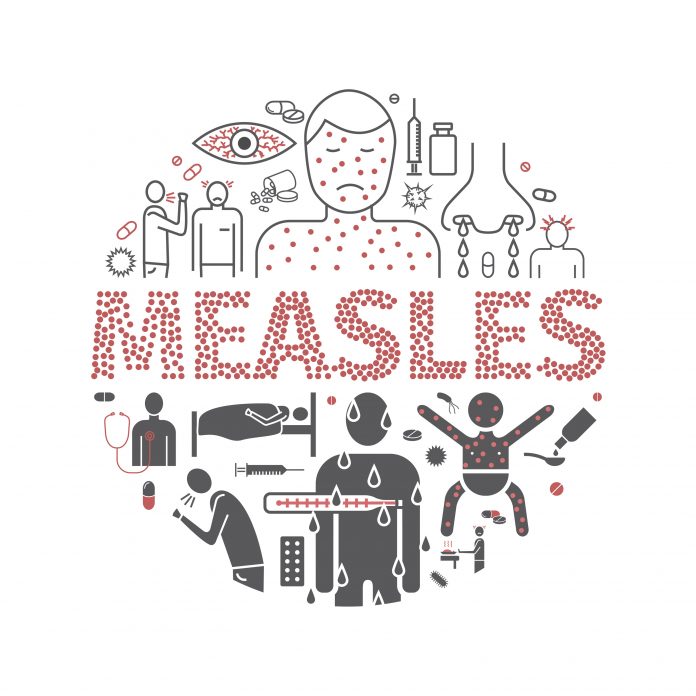We read about measles outbreaks every year in our newspapers. It is becoming more common and just because your are older or a senior, this doesn’t mean that you can’t catch the virus. Seniors and children have a higher risk of dying from measles but it can be prevented with a vaccine. If you have already had a vaccine, probably many years ago, you may not need to be vaccinated again.
Facts on Measles
- It is a highly contagious virus and it is found worldwide. When an infected person coughs, sneezes or talks, the virus can be spread throughout a whole room.
- Adults born in 1957 or later should have a vaccine unless there is a medical reason that would make it harmful for them.
- Measles is contagious from four days before the rash appears until four days after.
The symptoms can include a rash, coughing, a runny nose and watery eyes. Some will develop an earache or diarrhea. Once you have been exposed to the measles virus, symptoms can develop in anywhere from 7 to 21 days. The vaccine for measles is part of a combination vaccine called the MMR. This stands for measles, mumps and rubella.
Most seniors will probably not get the measles. There are several reasons for this. Most seniors who are over 65 have already lived through at least one outbreak and have developed immunity. Also, the locations of the measles outbreaks vary and unless you live in one of those areas or have reason to think you have come in contact with the virus, the chances of catching it are minimal. If you are concerned, check with your healthcare provider. They can do a simple blood test to determine immunity. Prevention in seniors is the same as preventing other contagious diseases and viruses. Eat healthy food, wash your hands often, make regular appointments with your healthcare provider and keep your immunizations and shots up to date.
























